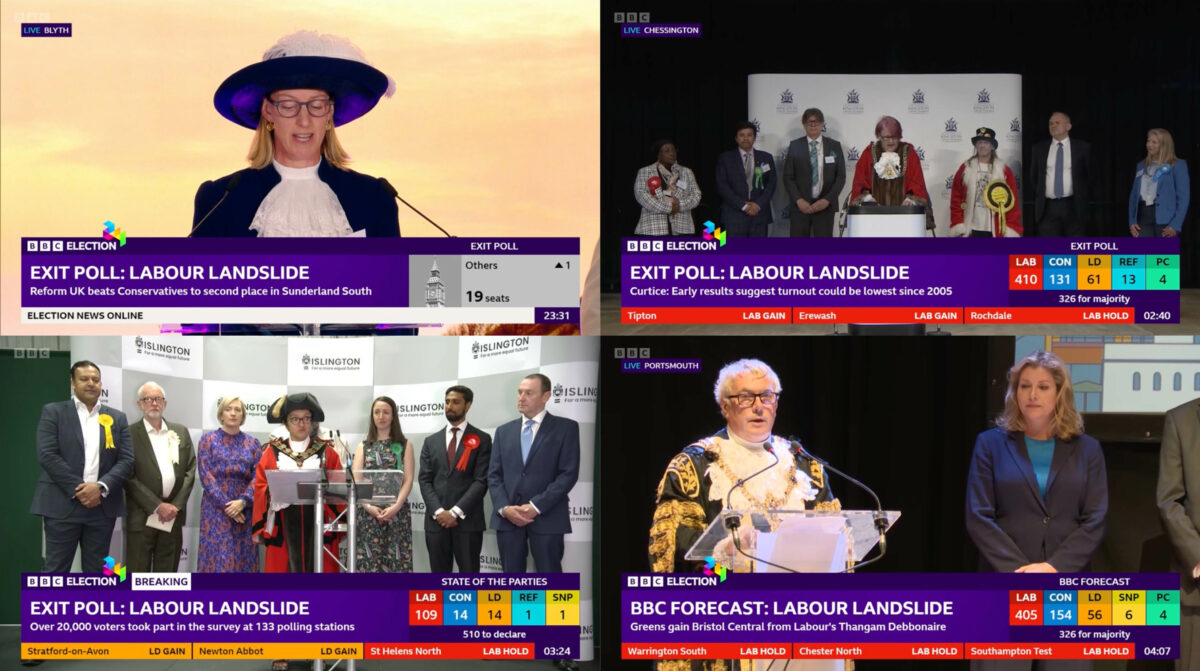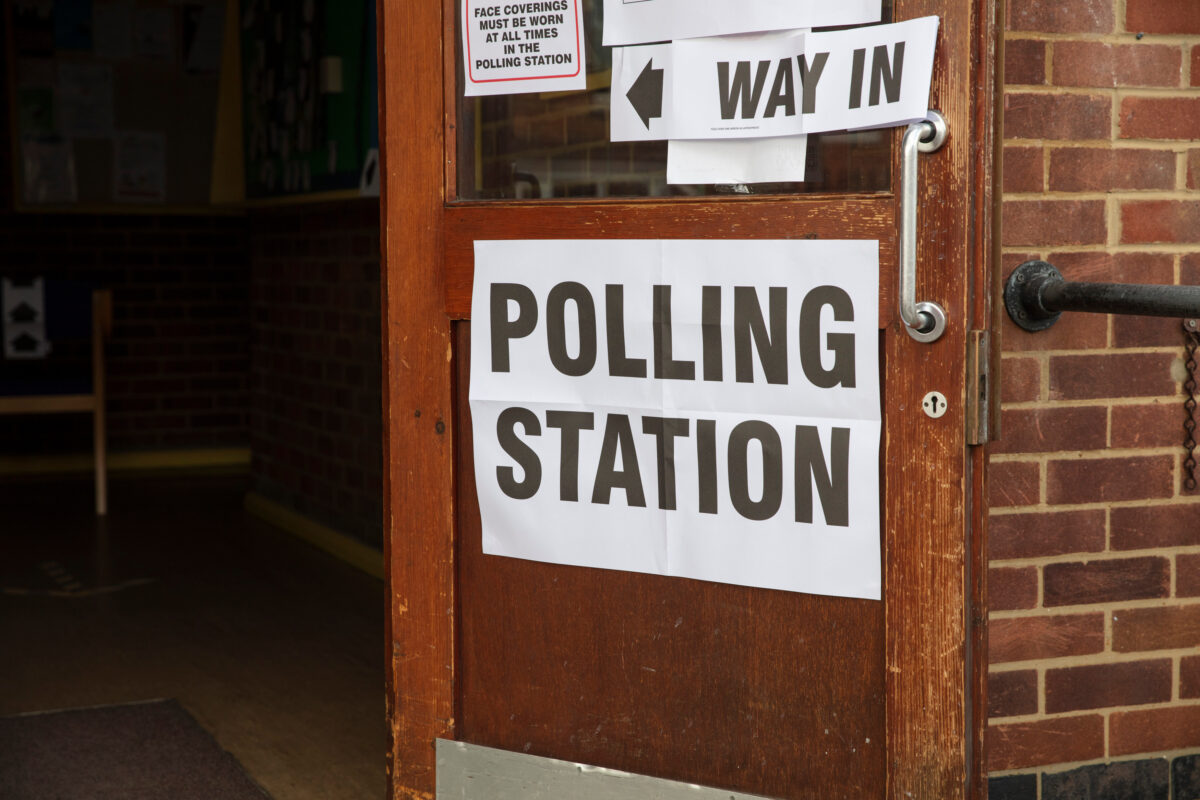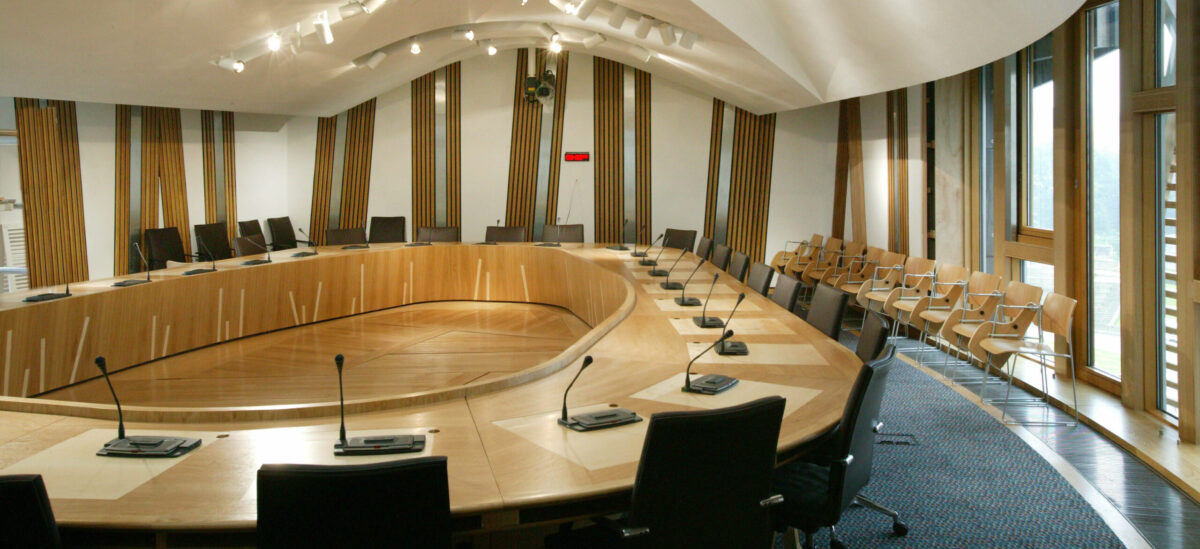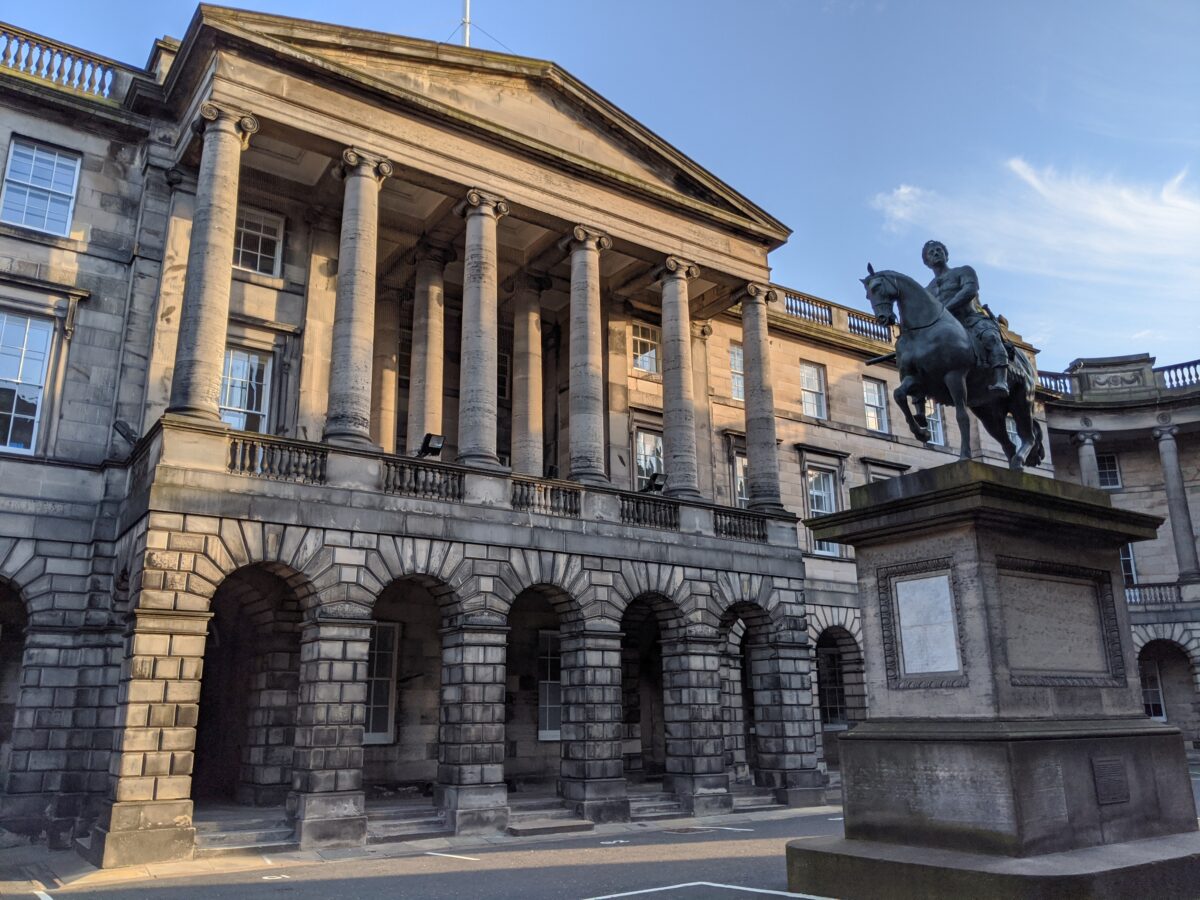I have been attending election counts, lately as an election agent, for over 20 years. One thing I’m often asked at these counts (as one of the lawyers there) is why some English declarations involve returning officers in chains, gowns, and silly hats; but not in some other constituencies; and never in Scotland. The answer […]










